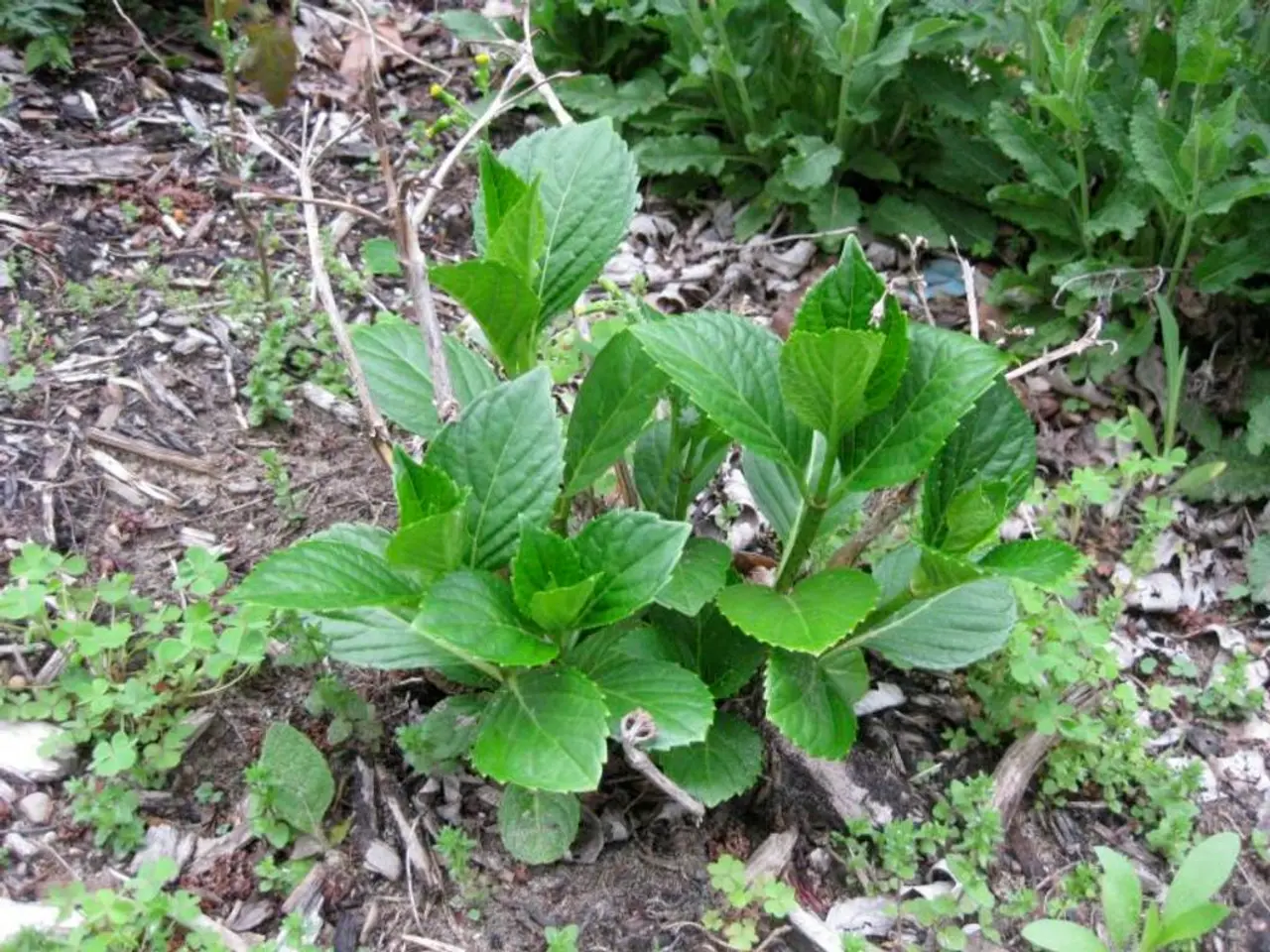Gardenuity Farm partner Aaron Pinkus discusses horticultural wisdom for a thriving garden in an exclusive interview.
In the realm of fresh produce, understanding the difference between organic and healthy produce can be a bit confusing. Aaron Pinkus, who took over Blue Label Farms in 2004, offers some clarity.
Before delving into the world of vegetables and herbs, Blue Label was a humble garden center, run by Aaron's grandfather since 1951. The farm has since grown into a renowned name, known for producing mass amounts of produce using sustainable growing methods.
Organic produce, as defined by strict regulatory standards, prohibits synthetic pesticides, herbicides, genetically modified organisms (GMOs), synthetic fertilizers, and irradiation. It also emphasizes sustainable practices such as crop rotation, composting, and biodiversity conservation. Organic produce is certified by authorized bodies, like the USDA in the U.S., ensuring compliance with these rules.
On the other hand, healthy produce is a broader term often used to describe fruits and vegetables that are nutritious, fresh, and safe to eat. However, it does not necessarily mean the produce is grown organically. Healthy produce might come from conventional farming, which can involve synthetic pesticides and fertilizers, but still be wholesome for consumption.
There are key differences between the two. Organic produce contains fewer synthetic pesticide residues and no GMOs, reducing chemical exposure linked to potential health concerns. Some studies suggest organic produce may have higher antioxidants and certain nutrients like vitamin C and omega-3 fatty acids, but overall differences in nutrition between organic and conventional produce are often small or inconclusive.
Organic farming also supports soil health, biodiversity, and sustainability, often with better animal welfare and labor ethics, which may not be guaranteed in conventional healthy produce. Organic produce tends to be more expensive and sometimes less available, especially off-season, due to more labor-intensive practices and lower yields.
Growing your own produce is the best way to ensure its local origin. However, produce labeled as local is often grown out of the country and only packaged at a local company. If you're growing your own produce, Aaron Pinkus advises ensuring plants are properly fed for optimal growth. He suggests giving plants a snack if they are not doing well.
Blue Label Farms offers a Complete Guide to Composting, a method of creating fertilizer at home using waste products. This guide can help you grow your own produce sustainably, just like Blue Label does.
In summary, organic produce is a subset of healthy produce with specific certified growing practices focused on sustainability and reduced chemical use, whereas healthy produce is a more general term reflecting produce that is considered good for you but not necessarily grown under organic standards.
[1] National Organic Standards Board (2021). [Retrieved from https://www.ams.usda.gov/rules-regulations/organic] [2] European Union (2021). [Retrieved from https://ec.europa.eu/food/plant/organic_produce/legislation_en] [3] Food and Agriculture Organization of the United Nations (2021). [Retrieved from http://www.fao.org/organic-agriculture/en/] [4] United States Department of Agriculture (2021). [Retrieved from https://www.ams.usda.gov/services/grants/local-foods/local-foods-promotion-program] [5] Environmental Working Group (2021). [Retrieved from https://www.ewg.org/foodnews/]
- By reading the Complete Guide to Composting from Blue Label Farms, you can learn how to create organic fertilizer at home for growing your own nutritious and fresh produce.
- Adopting a lifestyle that includes gardening and organic farming can help support soil health, biodiversity, and sustainable practices, as well as contribute to a healthier diet rich in vitamins and antioxidants.
- In order to grow the best local produce, it's essential to ensure plants are properly nourished and free from synthetic pesticides and fertilizers, which may have adverse effects on one's health and the environment.
- While organic produce offers numerous benefits such as reduced chemical exposure and potential higher nutrient content compared to conventional produce, the choice between organic and healthy produce ultimately comes down to lifestyle, budget, and personal preferences, as food-and-drink options are plentiful in the realm of health-and-wellness, lifestyle, fitness-and-exercise, and home-and-garden.




